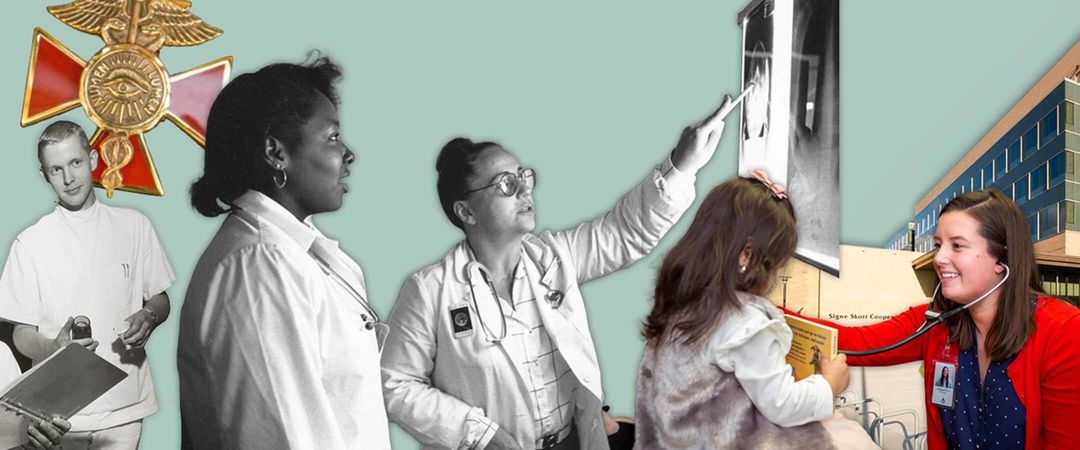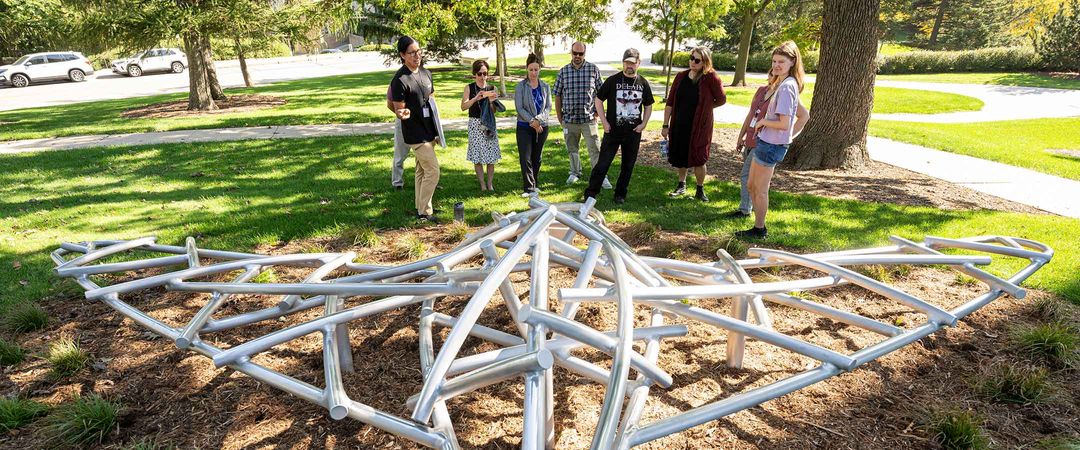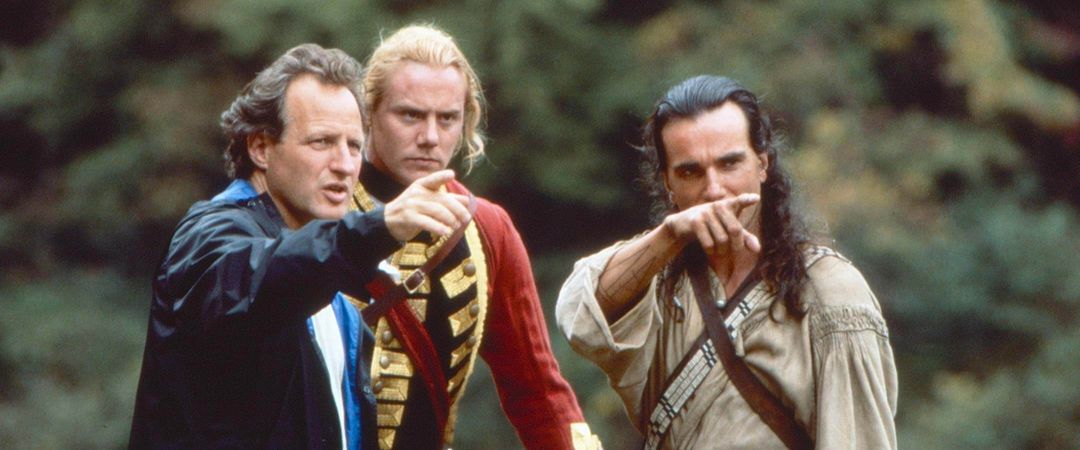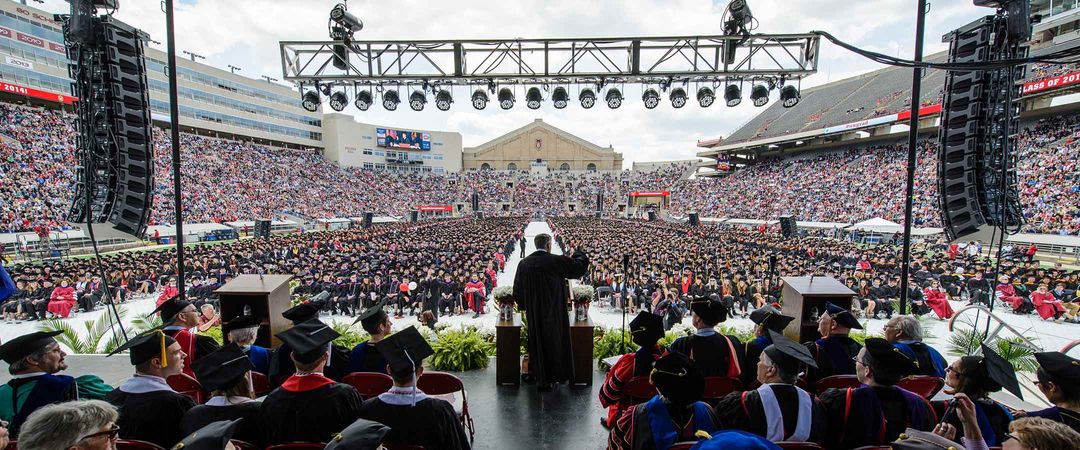According to a series of recent surveys, Americans are losing faith in the value of a college education. Gallup polls found that confidence in higher education has dropped steadily since 2015, and a Chronicle of Higher Education survey found that nearly three times as many people felt that trade school was a better value than a university bachelor’s degree.
But is this discouragement warranted? In recent years, UW–Madison has seen growing numbers in terms of applications and enrollment, and the university has increased its career development programs.
On January 16, 2024, Wisconsin Foundation and Alumni Association CEO Mike Knetter investigated the question of college value on The UW Now Livestream. Guests included economist Ananth Seshadri, codirector of the Center for Research on the Wisconsin Economy, and Eric Wilcots, dean of the UW–Madison College of Letters & Science. Knetter encouraged them to look at college as an investor would: what is the return on investment, and does it justify the cost?
Seshadri began with a wealth of income data and showed that “colleges do have an impact on students’ lives and do result in higher earnings potential.”
That impact — measured in grads’ salaries compared to those with just a high school diploma — appears to be growing. The lifetime value of a college degree was high in 1965: over a full career, men with a college degree on average earned $213,000 more than those with just a high school diploma. By 2010, that difference had increased to $590,000. Women with a college degree saw a similar rise in lifetime value, from $129,000 to $370,000. He cited a paper that examined high school students with similar grade point averages, “students who are not very different from an academic standpoint.” Those who did not attend college, he said, ended up on the wrong side of a “big earnings gap.
"There's no question,” he said, “colleges are adding value.”
Seshadri added that there are wide differences in salary earned for different majors: one year after earning a bachelor's degree from UW–Madison, the median earning of those with an engineering degree can expect to earn more than $60,000 a year, around twice as much as the median earnings of those who majored in philosophy or religious studies. Still, he said, “any which way you slice it, the average internal rate-of-return numbers are very high from going to college.”
He also noted that college grads have additional advantages beyond salary. “College remains a great place to find a partner,” he said. “Enrolling in a particular institution makes it significantly more likely to marry someone from that same institution. And college is fun. It’s not just the fact that college is an investment, but college is also consumption.”
Wilcots discussed how universities prepare students to enter the working world, and he focused on UW–Madison’s SuccessWorks, a program offered within the College of Letters & Science.
“There is some myth about whether students who are majoring in a certain set of majors are going to be able to get a job,” he said. “SuccessWorks was developed to address some of those concerns — but also to address a much more fundamental thing, and that is that students who are getting an education at UW–Madison, regardless of their major, are developing a set of skills and competencies that are valuable in the workplace when they graduate.”
Wilcots related stories from L&S graduates who had used SuccessWorks to transition into careers: a legal studies grad working in radio, a history major working with a software company, a psychology major working in a cognitive development lab.
“Our responsibility is to help the student understand the skill set that they’re developing,” he said, “help them articulate that skill set in a way that an employer can understand and relate to and make that student attractive to that potential employer.”
The UW Now Livestream offers insights from UW experts on important topics. Knetter serves as host, moderating as viewers send in questions. Seshadri and Wilcots spoke for about an hour and then responded to viewer inquiries. The data, according to Knetter, tell a clear story.
“The return on investment to a college education is still very high,” he said. “If you’re a Wisconsin in-state student, UW–Madison is a screaming deal, and your ROI would be astronomical. I mean, if it's good for an out-of-state student, it's really good in-state.”






